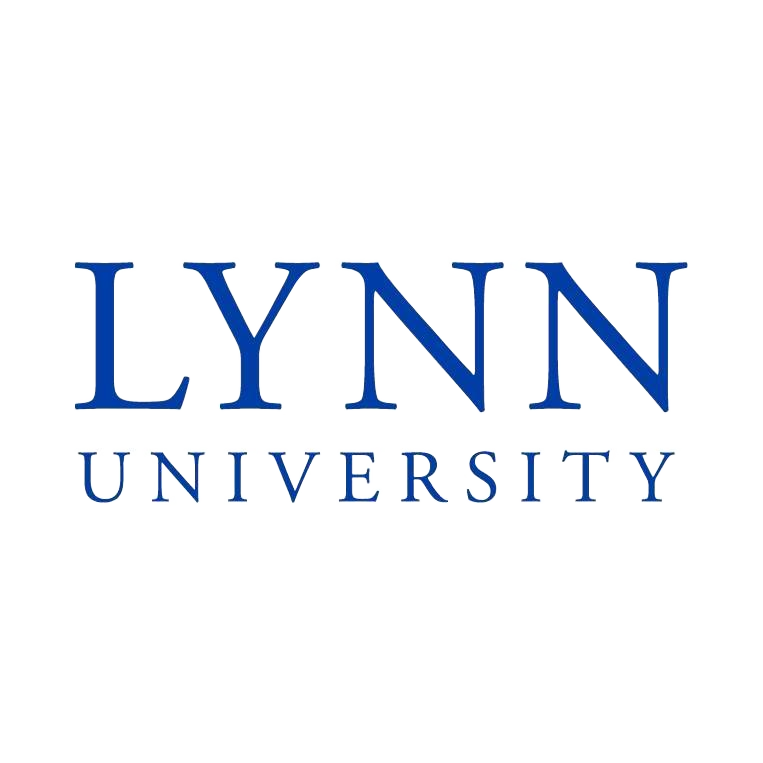
Financial aid (may be available)

Financial aid (may be available)

No cost info

No cost info

Financial aid (may be available)

Financial aid (may be available)

No cost info

Financial aid (may be available)

Financial aid (may be available)

Financial aid (may be available)

Financial aid (may be available)

Financial aid (may be available)

Financial aid (may be available)

$2,730 total
$3,286 total
No cost info
No cost info
No cost info

Financial aid (may be available)
$649 total
No cost info
No cost info
Are you interested in a career in Human Resource Administration? If you're located in Grand Rapids and looking for classes to help you get started in this field, you're in luck. In this blog post, we'll explore what a Human Resource Administration class entails, the training requirements, and how to find the best class near you. Whether you're a recent high school graduate or looking to make a career change, these classes can provide you with the skills and knowledge you need to succeed in the field of Human Resource Administration.

Human Resource Administration, also known as HR Administration or HR Management, is the practice of managing an organization's human resources. It involves overseeing various aspects of employee management, including recruitment, training and development, compensation and benefits, and employee relations. HR professionals play a vital role in creating a positive work environment and ensuring the well-being and success of employees.
To pursue a career in Human Resource Administration, it's essential to have the necessary skills and knowledge. While there are no specific educational requirements for entry-level positions, having a solid foundation in HR principles and practices can give you a competitive edge in the job market. Here are some common training requirements for HR professionals:
Education: Many employers prefer candidates with a bachelor's degree in Human Resources, Business Administration, or a related field. A degree program can provide you with a comprehensive understanding of HR principles and practices.
Certifications: Professional certifications, such as the Professional in Human Resources (PHR) or the Society for Human Resource Management Certified Professional (SHRM-CP), can demonstrate your expertise and commitment to the field. These certifications typically require passing an exam and meeting certain experience or education requirements.
Experience: While not always required, having relevant work experience can make you a more competitive candidate. Consider internships, part-time jobs, or volunteer positions in HR to gain practical experience and build your skills.
When searching for a Human Resource Administration class near you, it's crucial to find a program that meets your specific needs and goals. Here are some factors to consider when evaluating your options:
Accreditation: Ensure that the class or program you choose is accredited by a reputable accrediting body. Accreditation ensures that the program meets certain quality standards and that your education will be recognized by employers.
Curriculum: Review the curriculum to ensure that it covers all the essential topics in HR Administration, including recruitment and selection, employee relations, compensation and benefits, and HR laws and regulations. A well-rounded curriculum will provide you with the knowledge and skills needed to excel in the field.
Faculty: Research the qualifications and experience of the instructors. Experienced professionals with a background in HR can offer valuable insights and real-world examples to enhance your learning experience.
Flexibility: Consider your schedule and availability when choosing a class. Look for programs that offer flexible scheduling options, such as evening or weekend classes, to accommodate your other commitments.
A Human Resource Administration class typically combines theoretical knowledge with practical applications. Here's what you can expect from the day-to-day class experience:
Lectures: You'll attend lectures where instructors will cover various HR topics and concepts. These lectures may include presentations, case studies, and discussions to facilitate learning and engagement.
Group Projects: Many classes incorporate group projects to simulate real-world HR scenarios. Working in teams, you'll have the opportunity to apply your knowledge to solve HR-related challenges and develop your teamwork and collaboration skills.
Hands-on Activities: Some classes may include hands-on activities, such as mock interviews, resume writing workshops, or employee training simulations. These activities provide practical experience and help you develop critical HR skills.
Guest Speakers: Occasionally, guest speakers from the HR industry may be invited to share their insights and experiences. These sessions can offer valuable networking opportunities and allow you to learn from professionals currently working in the field.
After completing a Human Resource Administration class, you may choose to pursue certification to further enhance your credentials and job prospects. Here's an overview of the certification process:
Eligibility: Review the eligibility requirements for the certification you're interested in pursuing. These requirements typically include a combination of education and work experience.
Preparation: Prepare for the certification exam by studying the exam content outline and reviewing relevant study materials. Consider enrolling in a certification preparation course or using online resources to supplement your learning.
Exam: Schedule and take the certification exam. The exam may be administered in person or online, depending on the certifying body. Be sure to familiarize yourself with the exam format and guidelines beforehand.
Certification: Upon passing the exam, you'll receive your certification. Maintain your certification by fulfilling any continuing education requirements and staying up to date with industry trends and best practices.
Once you've completed your Human Resource Administration class and obtained any desired certifications, it's time to start your job search. Here are some tips for finding a job in the field:
Networking: Build connections within the HR community by attending industry events, joining professional organizations, and connecting with HR professionals on platforms like LinkedIn. Networking can lead to job opportunities and provide valuable insights into the field.
Internships and Entry-Level Positions: Consider starting your HR career with an internship or entry-level position. These opportunities can provide hands-on experience and help you build a strong foundation in the field.
Job Boards and Online Platforms: Utilize job boards, such as Indeed or LinkedIn Jobs, to search for HR positions in your area. Additionally, explore online platforms like Dreambound.com that specialize in connecting students with vocational training programs and job opportunities.
Resume and Cover Letter: Tailor your resume and cover letter to highlight your HR skills and qualifications. Emphasize any relevant coursework, certifications, or internships you've completed. Consider seeking feedback from a career counselor or HR professional to ensure your application materials stand out.
Once you've established a career in Human Resource Administration, you may choose to further expand your skill set and increase your value in the job market. Here are some other classes you may consider:
Organizational Development: Learn how to strategically improve organizational effectiveness and facilitate change within an organization.
Compensation and Benefits: Gain a deeper understanding of designing and managing compensation and benefits programs to attract and retain top talent.
Labor Relations: Explore the legal and practical aspects of managing relationships between employers and unions.
Employment Law: Develop a comprehensive understanding of employment laws and regulations to ensure compliance and mitigate legal risks.
Performance Management: Learn how to effectively evaluate and manage employee performance to drive individual and organizational success.
Human Resource Administration is a dynamic and rewarding field that offers a wide range of career opportunities. By enrolling in a Human Resource Administration class near you, you can acquire the knowledge and skills needed to succeed in this profession. Remember to research your options thoroughly, consider your goals and schedule, and leverage resources like Dreambound to find the perfect class for your needs. Good luck on your journey to a career in Human Resource Administration!
With Dreambound's comprehensive collection, understand the certification process in this field for different cities. Looking for info on other states? Our additional guides are here to help.
Exploring a variety of professional opportunities? Dreambound has many extensive guides to help you make informed decisions. Check out these guides:
Dreambound's platform allows prospective students to find the right educational program for them through searching, filtering, and connecting with our extensive selection of career & technical education partners.
Dreambound has over 70 programs across healthcare, technology, business, and industrial trades. This includes programs such as Medical Billing, Cybersecurity, and welding.
Some of our schools offer financial aid for those who qualify. Many others offer payment plans, where you can pay the cost of class over time.
Yes, Dreambound offers many online programs. On Dreambound's search, you can filter by online, in-person, and hybrid (part online, part in-person).
Dreambound is completely free for you to use! We are supported by schools and organizations who pay to advertise on our website, so we can offer all of our career resources for free.